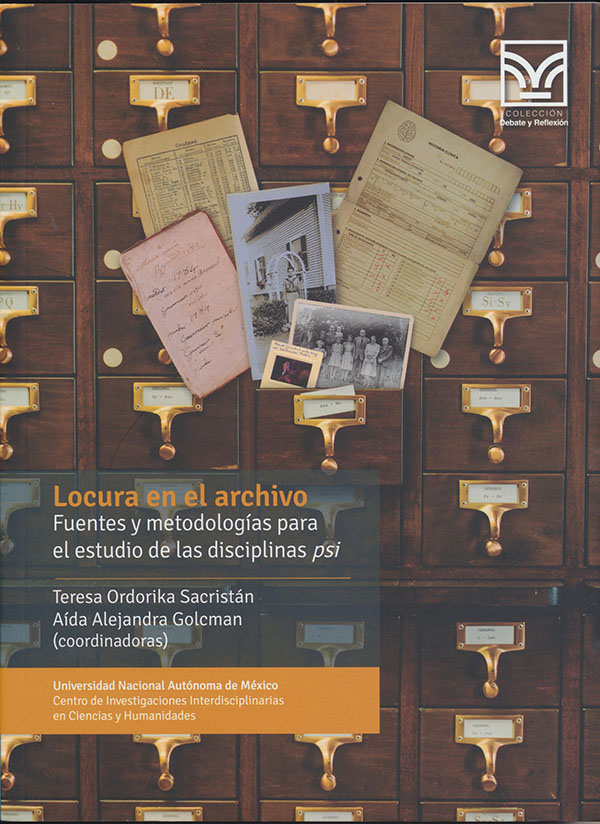June 2018
The paper Medicine, science, and power: relations between France, Germany, and Brazil during 1919-1942 (HCSM vol. 16 no 1 Jan./Mar. 2009 ) presents hypotheses and frameworks regarding international scientific relations in Latin America, especially in Brazil.
This research note by Magali Romero Sá, Jaime L. Benchimol, Simone Kropf and Larissa Viana and André Felipe Cândido da Silva is among our most cited works.
It seeks to understand the mechanisms through which Germany and France tried to re-establish cultural and scientific relations with Brazil and other Latin American countries between the two world wars. It includes the publication in Spanish and Portuguese of German scientific journals, the creation of scientific societies to finance research among others.
See in Manguinhos:
Medical and scientific relations between Germany and Latin America – According to the paper, the Revista Médica project served as an instrument of German cultural policy in Latin America.
The new Bundestag: refugees and health – An interview with Dr. Michael Knipper, of the University of Giessen, about Germany’s recent elections and immigration policies.
Some facts about vector-borne diseases – A brief interview with Jocelyn Raude about the ZIKAlliance project and the role of social science research for the understanding of epidemics.
Zika virus and rubella: similarities and differences – Researcher Ilana Löwy, from the Institut National de la Sante et de la Recherche Médicale Paris, traces a parallel between the current zika epidemics in Brazil and past rubella outbreaks.
Zika in the International Relations perspective – According to João Nunes, the discipline of International Relations can contribute to the study of Zika by enabling a more detailed exploration of inequalities at the global level.
Human sciences against zika – Researchers of the international consortium ZIKAlliance gathered at Fiocruz to discuss the social aspects of the disease, such as the effects of campaigns and sexual rights.
Technical cooperation between Brazil and Andean countries – The paper analyzes the CIRHUS project, held between 2006 and 2010, to develop human resources in the field of health.
International cooperation in health: the case of Fiocruz – The article reviews the trajectory of international cooperation and the approach taken by Fiocruz, the so called “South-South Cooperation”.
International cooperation for equity in health – This article analyzes the work of international organizations in health and the priorities of developing countries in this field since the 1990s.









